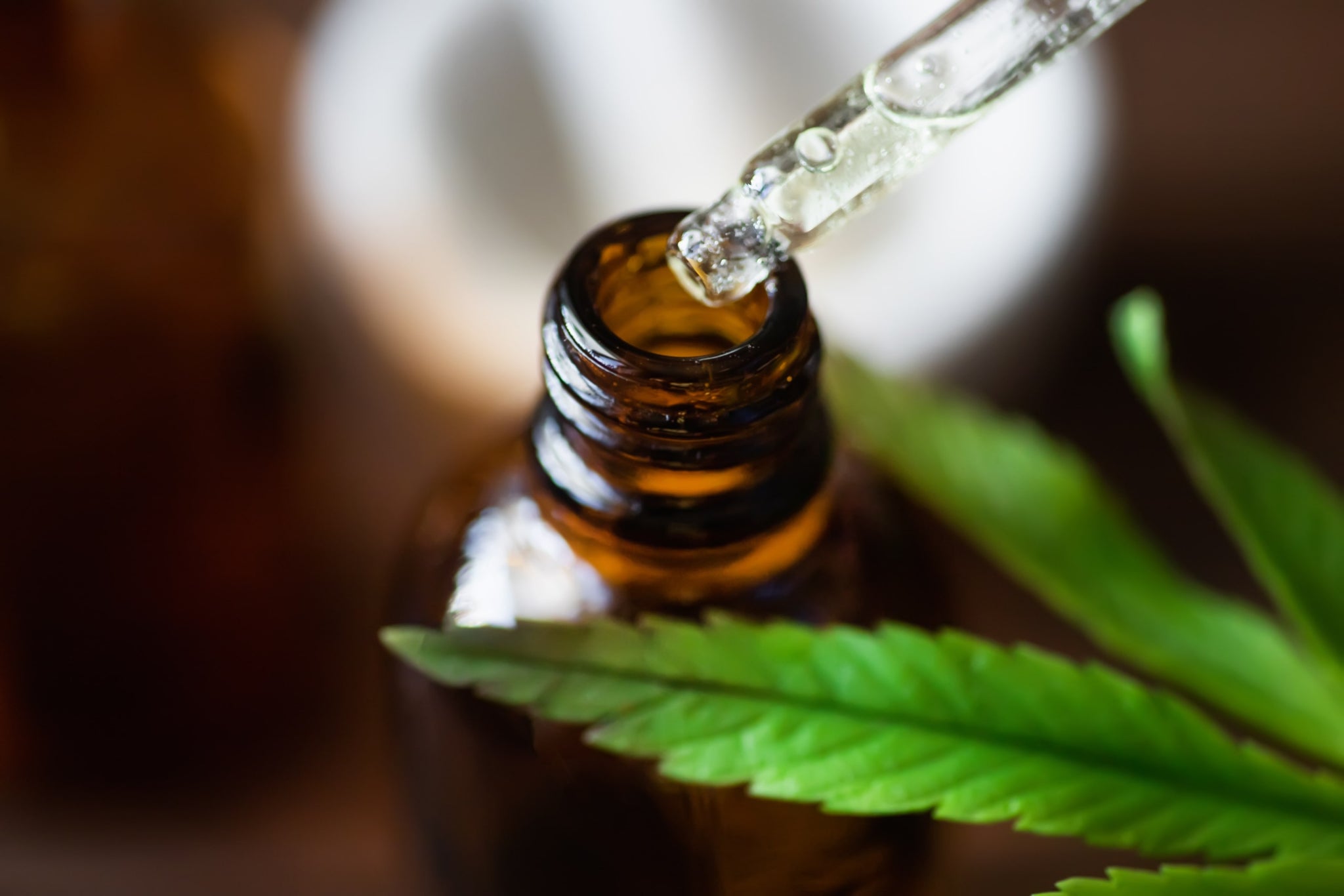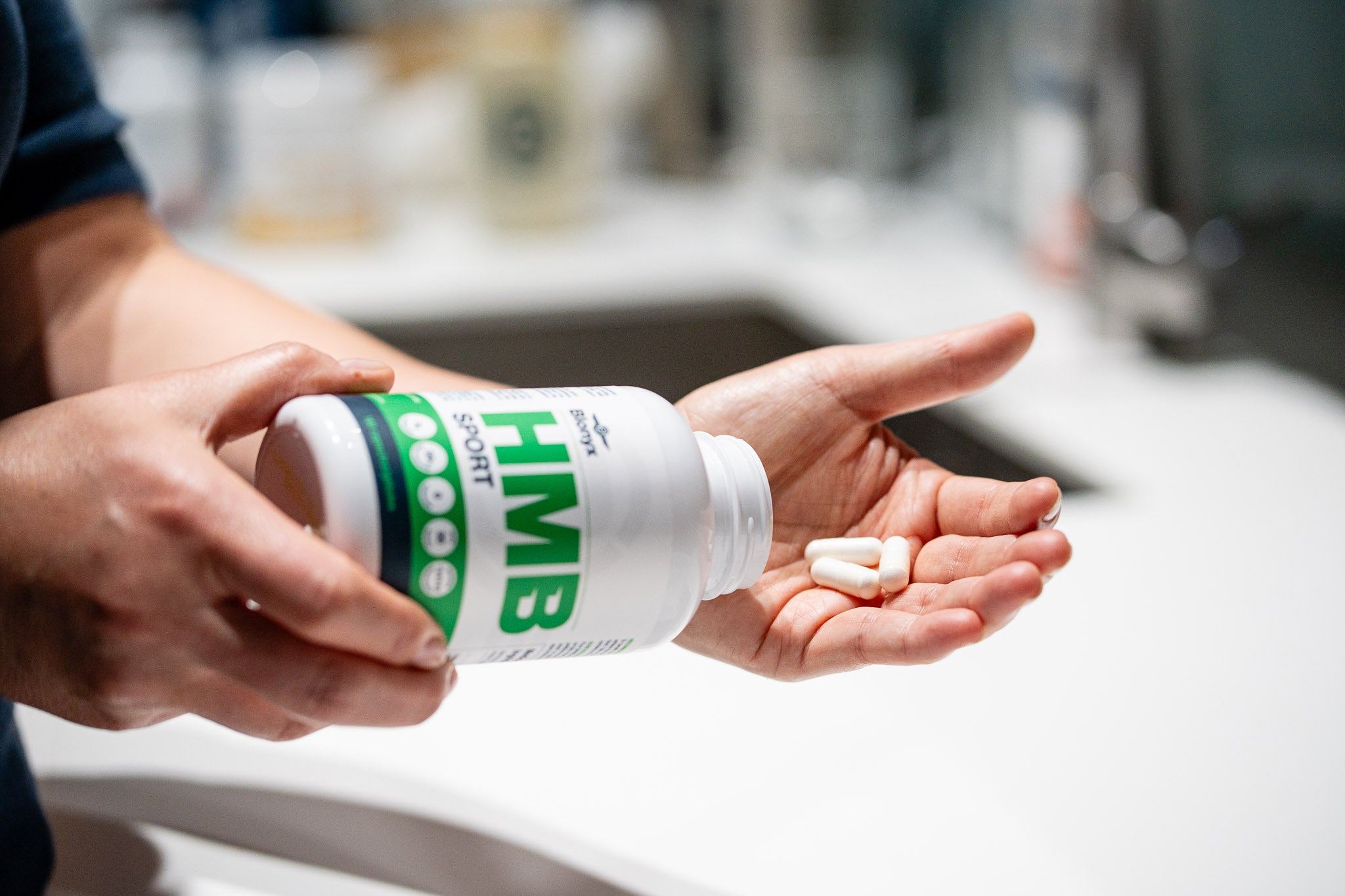Welcome to our weekly summary of the latest research from the worlds of sports science and sports nutrition.
In this week’s summary:
Which Form of HMB is Absorbed and Used Most Effectively?

This study explores the bioavailability, or how effectively a substance is absorbed and used by the body, of two forms of HMB (β-hydroxy-β-methylbutyrate), capsules or dissolved in water, which is used in supplements to enhance muscle recovery and growth. The study compared the calcium salt form of HMB (HMB-Ca) and the free acid form (HMB-FA) in 16 young individuals. The results showed that both forms of HMB-Ca (capsules or dissolved in water) were absorbed more effectively into the bloodstream than HMB-FA. The HMB-Ca dissolved in water was absorbed the fastest, while the rate of elimination from the body was similar for all forms. This suggests that the form of HMB taken can influence how quickly it is absorbed, but not how quickly it is eliminated from the body.
Our thoughts: Calcium-HMB (what's in our HMB Sport) is just like creatine monohydrate. They both have the most research backing them and no other form of HMB or creatine has proven to be better.
CBD’s Influence on Performance and Muscle Recovery After Intense Training

This study investigated the effects of short-term cannabidiol (CBD) supplementation on muscle recovery and performance in well-trained athletes. Seventeen subjects underwent a six-day high-intensity training protocol three times, receiving either a placebo or one of two CBD products (60mg of oil or solubilisate) after each session. The study measured performance capacity, muscle damage, inflammatory processes, and immune cell activity before and after the training, and the results showed that the training protocol induced muscle damage and reduced performance regardless of the athletes' performance level. Only CBD oil was associated with a reduction in myoglobin concentration in advanced athletes, and there were no significant effects of CBD on performance parameters or inflammatory markers. The study concluded that the performance level of the athletes was a decisive factor in their response to the training protocol and CBD application, but no clear effects of CBD were found. In short, further research is needed to explore the long-term effects of CBD on athletic performance and recovery.
Our thoughts: CBD has been promoted for many things, including performance and recovery. Its failure to become widely adopted in sport is probably a good indicator that it has little to no impact.
The Synergy of Caffeine and Carbohydrates on Physical Performance and Metabolic Responses
This study looked at how taking caffeine and carbohydrates together affects physical performance and body responses during exercise in healthy, young, active adults. The results showed that combining caffeine and carbs can help improve sprint times and reduce perceived exertion during exercise compared to carbs alone. The study also found that blood sugar levels were generally higher when caffeine and carbs were taken together compared to just a placebo. In one study, adding caffeine to carbs led to greater fat oxidation and less glycogen (a form of stored carbs) being used. Another study saw an increase in cortisol (stress hormone) levels when caffeine and carbs were taken together compared to a placebo. Overall, the study suggests that taking carbs and caffeine together may have an additive ergogenic effect on physical performance, particularly when carbs are provided in a 6-9% solution and caffeine is administered at a dose of 4-6.5 mg/kg.
Our thoughts: Perhaps Red Bull really does give you wings…
That’s all for this week. We hope you learned something new that you can incorporate into your training!
— Train hard!


